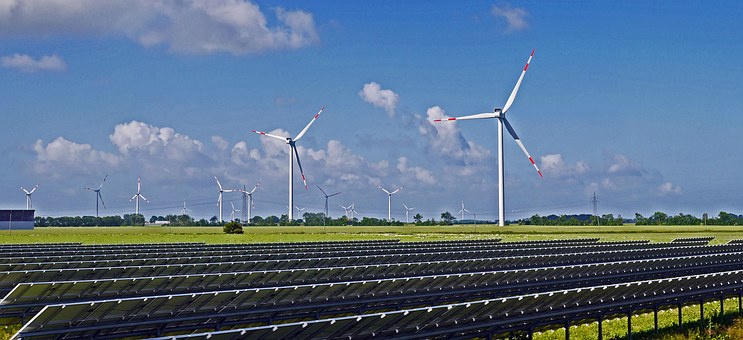The California Public Utilities Commission on July 29 announced a new research, development, and deployment initiative to bolster the relationship between ratepayer-funded projects and emerging policy issues. This shall manifest itself within four new workstreams pertinent to advancing the state’s energy agenda: equity, wildfire mitigation, transportation electrification, and utility safety power shut offs. In doing so, the commission aims to improve general policy and innovation across the state while setting a standard of efficiency and pragmatism towards the future of electrification.
The workstreams’ four critical areas of focus for 2020 are intended to:
- Ensure that the transition to clean energy is an equitable one;
- Develop new tools to examine wildfire mitigation investments;
- Advance transportation electrification efforts to support grid reliability and decarbonization;
- Minimize the effects of Public Safety Power Shut-Off events for critical services and vulnerable communities.
These focus areas were selected after extensive research conducted by the CPUC Policy+Innovation Coordination Group with the goal of creating a feedback loop between the state’s energy-related research and development efforts and emerging policy challenges.
The working group was established in 2018 under the Electric Program Investment Charge, or EPIC, a ratepayer-funded research program that supports the development and deployment of projects. The purpose of the group is to apply lessons learned from research projects through increased coordination between the program administrators and the commission. The California Energy Commission administers 80 percent of the EPIC funds while the state’s three main investor-owned utilities manage the remainder.






